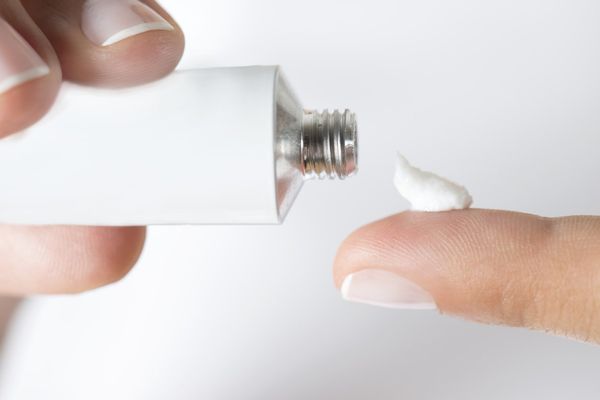Around menopause, your body is changing (as you already know). But did you know that these changes can raise your risk for certain health problems?
What is going on?
Well, for one, lower levels of estrogen and progesterone can raise your risk of things like heart disease, stroke and osteoporosis. And it's not only estrogen that raises these risks: other changes related to aging—like weight gain—raise health risks as well.
I'm trying to understand why.
Let's take your heart. Our risk of heart disease is actually lower than men's—until about age 55, that is. By 70, our risk is equal. Why this happens: Estrogen that helped keep our blood vessels relaxed and open and helped us keep a good healthy balance of cholesterol is now very, very low.
Tell me about stroke risk.
For every decade after age 55, your risk doubles. Some experts think it's partly due to the lower levels of estrogen, which play a role in the buildup of cholesterol on the walls of your arteries leading to your brain.
And my bones—I hear they're in danger, too.
Sort of, yes. Again, it's that waning estrogen. Having less estrogen causes a more rapid rate of bone loss than when you had more of it. It's much more common to have osteoporosis at this time, which means your bones become brittle and more prone to breakage.
I've heard there's increased risk of lead poisoning.
That's because of the lead you're exposed to throughout your lifetime. Lead is stored in your bones, and when bones break down that lead is released into your bloodstream. Some women, after menopause, have blood levels that are 30 percent higher than they were before menopause.
Excess lead in your blood can lead to various complications, like a higher risk of high blood pressure and hardening of the arteries (known as atherosclerosis). Lead in your blood can also affect your kidney function and may cause symptoms that are similar to dementia, according to some experts.
And those extra trips to the bathroom and embarrassing leaks? Surely menopause is to blame, right?
Affirmative. Urinary incontinence affects about half of all postmenopausal women. Lower estrogen levels cause thinning of the lining of your urethra (that's the short tube that lets urine pass from your bladder). Your surrounding pelvic muscles also get weaker, which further increases the risk. Learn How to Not Let Light Bladder Leakage Hold You Back.
And why is my mouth so dry?
Studies say that because your oral mucosa contain estrogen receptors, menopause affects your oral tissues in much the same way it affects other body systems. That's a reason you might be going to the dentist more often or perhaps why you should: Decreased saliva can lead to problems like burning mouth syndrome, more cavities, dry mouth, change in taste sensations, gingivitis and periodontitis.
ThePause: While hormone therapy can help relieve your symptoms of menopause, what it cannot do is prevent these possible health problems.







